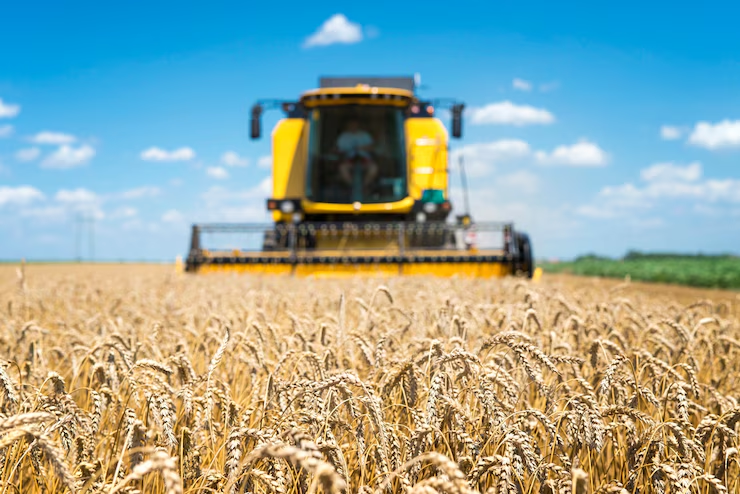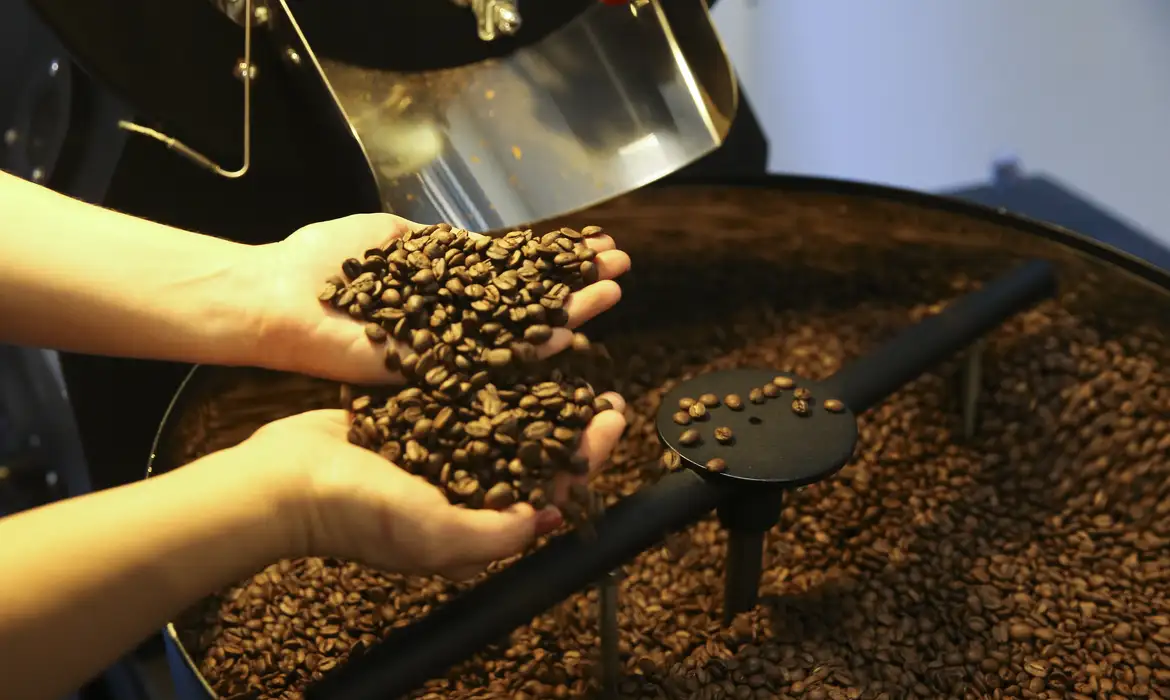Agricultural Parliamentary Front fights against some aspects of the tax reform

The assembly, held on the headquarters of the Confederation of Agriculture and Livestock of Brazil (CNA), in Brasília, was attended by the president of the entity, João Martins, the coordinator of the GT on tax reform, deputy Reginaldo Lopes (PT-MG) and of parliamentarians from the technical group, created by the mayor, Arthur Lira (PP-AL), to take care of the reform earlier than the proposal goes to the plenary vote. Along with deputies and senators linked to agriculture, leaders and representatives of the productive sector additionally participated.
Through the assembly, eight factors of the proposal have been offered that the sector doesn’t settle for and that may work towards approval in Congress. Amongst them is the upkeep of the exemption of merchandise from the fundamental meals basket. Tax refunds for the poorest might be included within the reform proposal, as already anticipated three weeks in the past by the extraordinary secretary for tax reform, Bernard Appy.
“We characterize a 3rd of the nationwide GDP, 25% of jobs, a lot of the nation’s exports. It’s a sector that must be heard, revered and, above all, must have the chance to current considerations in relation to this subsequent tax reform”, highlighted the president of the FPA.
Lupion said that the entrance will not be towards the reform, however mentioned that the sector can’t be harmed by the approval of the proposal. “We wish to assist the Tax Reform and, in an effort to assist it, we can’t be harmed. With that, we begin from the necessity for folks to grasp what the Brazilian productive system means”, he highlighted.
“We do not stay on subsidy, however on agricultural manufacturing”, mentioned Lupion, additionally stating that the concept that agribusiness pays much less taxes is a mistake. The economic sector, nevertheless, disputes this level and has been presenting figures that present that, whereas agribusiness collected 0.6% of federal taxes, the manufacturing trade paid 26.2% in 2021.
The FPA, which has about 300 parliamentarians, is taken into account probably the most highly effective teams in Congress and is organizing itself in order that the sector doesn’t have a excessive tax burden.
It was as much as the CNA technician Bruno Lucchi to current, merchandise by merchandise, factors of the eight issues recognized.
Among the many vital factors of the agribusiness reform is the tip of the so-called presumed credit score for the Tax on Items and Companies (IBS), which needs to be created within the reform. It is a tax profit that exists at present and that permits, in apply, the discount of the quantity to be paid. This credit score is used to pay different taxes or may be refunded in money.
The proposal being ready offers for the tip of presumed credit score and different tax incentives in order that the tax base is broad.
“What’s the usage of having presumed credit score if it isn’t paid?”, questioned the rapporteur, who additionally defended a broad foundation. Aguinaldo Ribeiro, nevertheless, most well-liked not to enter particulars of the proposal, claiming that the federal government has not but offered the textual content with its “benefit”.
Throughout lunch, the rapporteur made a presentation of the present stage of the reform and defended concord between the Senate and the Chamber to approve it. The parliamentarian admitted that there might be no unanimity, however confirmed optimism with the dialogue he intends to conduct with the financial sectors. “I do know every one of many calls for of all sectors”, he mentioned.
For the coordinator of the tax reform WG, Deputy Reginaldo Lopes (PT-MG), the agricultural sector will be capable of collaborate with a less complicated, extra clear and honest system, which permits the era of jobs and earnings.
What the agro sector is towards within the proposal
1) Scope of the idea of taxpayer
At the moment, rural producers will not be direct contributors to the taxes to be extinguished with the reform and would now be taxed in a unified method. The sector doesn’t need rural producers to combine the IBS system (the tax that might be created, including others). The agro alleges that the small rural producer is unable to situation an bill.
2) Presumed Credit score
The sector desires to maintain this tax profit within the IBS for the purchaser of agricultural manufacturing. The argument is that greater than 5 million households of small and medium farmers and ranchers might want to rent an accountant to calculate the tax.
3) No tax incidence on agricultural inputs
The sector defends this differentiated taxation to ensure competitiveness. The argument is that, at a time when Brazil is transferring in the direction of signing free commerce agreements, the burden on agricultural inputs may have perverse results.
4) Encumbrance of the fundamental meals basket
The sector is towards the encumbrance of the fundamental basket, which at present has exempt merchandise. He additionally doesn’t imagine within the effectiveness of the tax return system for the low-income inhabitants. The argument is that there might be value will increase and inflation. And devolution is troublesome to implement throughout the nation.
5) Quick and efficient reimbursement of credit
The sector desires to make sure, with the reform, the fast and environment friendly reimbursement of tax credit in all calculations, whether or not they’re frequent tax calculations, exports or investments. Returns have to be made inside a set interval earlier than any allocation of income between the federal and regional governments. The deadline have to be written within the supplementary regulation.
6) Correct therapy of cooperativism
For the sector, it will be significant that the reform presents express norms on the systematics of cooperativism with the non-incidence of taxes on the cooperative, however on the cooperative member.
7) Non-incidence of selective tax on the meals manufacturing chain
The sector doesn’t need the selective tax (generally known as the sin tax, which might be levied on merchandise dangerous to well being) to be levied on meals.
8) Sufficient taxation of biofuels
The sector says that taxation ought to encourage the usage of biofuels with differentiation of the tax burden between biofuel and fossil gas.
By Brasil 61




